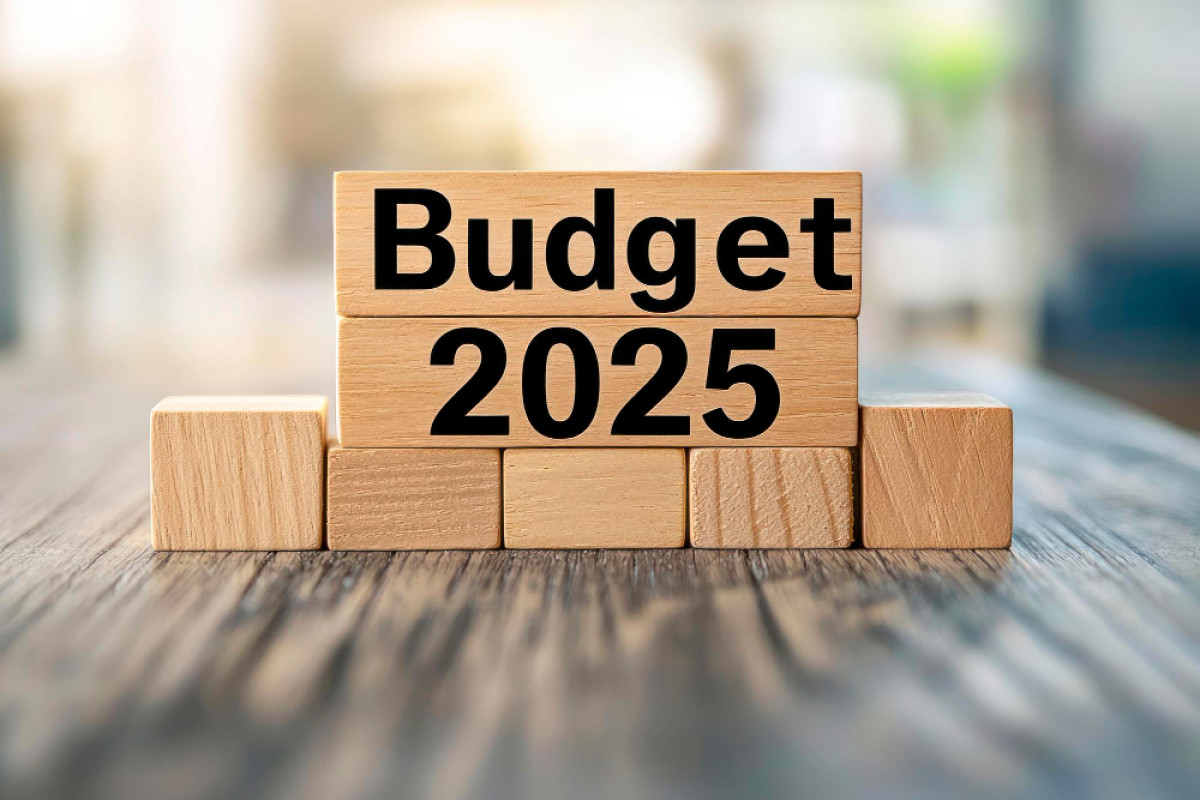The Union Budget 2025-26 marks a step toward shaping India’s future, balancing growth ambitions with inclusivity and fiscal discipline. At Primus Partners, we understand that the success of this budget lies not only in its announcements but in its ability to create sustainable and impactful outcomes across sectors.
A key highlight of the budget is the restructuring of the income tax regime, offering greater tax relief to individuals earning up to INR 12 Lakh per year. This is expected to enhance disposable income, boost household consumption, and strengthen overall economic demand. Equally important is the emphasis on agriculture, with the launch of the Prime Minister Dhan-Dhaanya Krishi Yojana targeting productivity improvements in 100 districts, directly benefiting over 1.7 crore farmers.
The government’s commitment to fostering research and innovation has been underscored by a ₹20,000 crore allocation to private sector-led R&D initiatives. The expansion of the PM Research Fellowship, with 10,000 new fellowships, aims to nurture a new generation of innovators and researchers, crucial for India’s tech-driven growth.
On the fiscal side, the budget targets a reduction in the fiscal deficit to 4.4% of GDP, signaling a strategic balance between economic growth and fiscal prudence. The government’s focus on capital expenditure, combined with investor-friendly reforms, is expected to drive investments and infrastructure development across the country.
At Primus Partners, we recognize that the real test will be the on-ground implementation of these initiatives. Effective collaboration between the Center and States will be critical to ensure that the policies announced today deliver tangible benefits. As part of our ongoing engagement, we will continue to work with stakeholders to assess the impact of these measures and provide policy solutions that drive India closer to its development aspirations.
Please read the full analysis for our in-depth insights, expert perspectives and updates, as we continue to track the unfolding impact of the Union Budget 2025-26.


